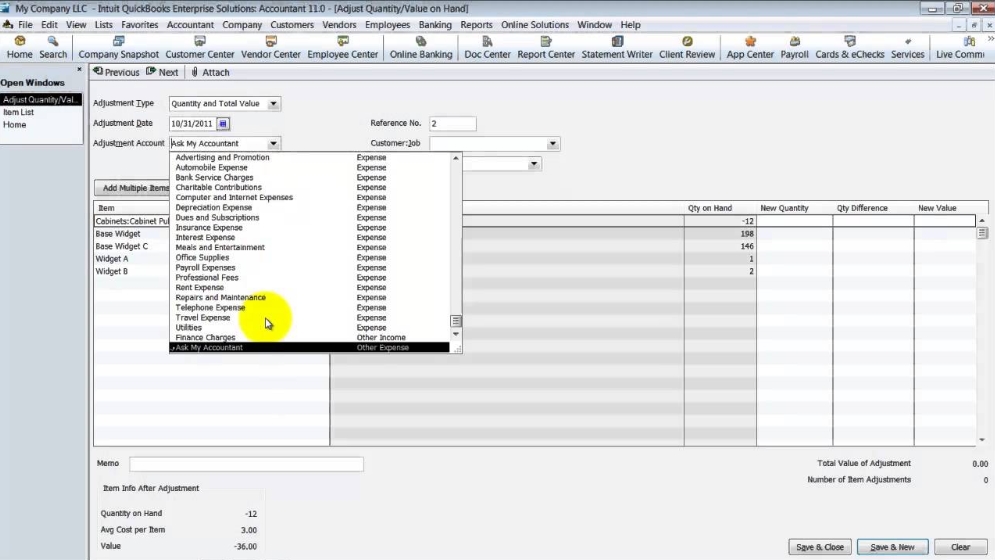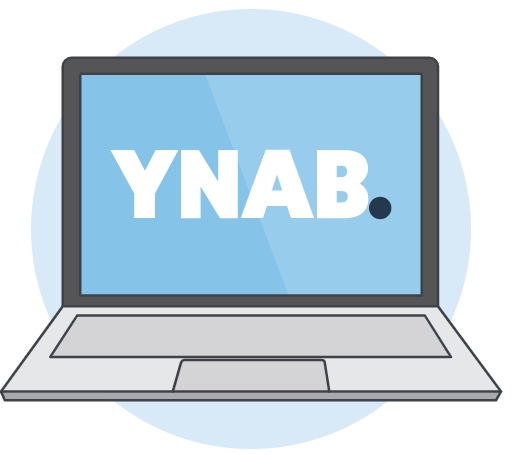Debt Settlement: How to achieve financial relief

Anúncios
Dealing with large debts can often feel like a never-ending maze. That’s why learning about debt settlement is essential.
Debt settlement, also known as debt adjustment or debt relief, provides a potential way out, enabling you to pay a portion of your debt while negotiating terms with your creditors.
Anúncios
If you’re ready to discover if this is the right solution and want to understand how debt settlement can help relieve financial stress, keep reading for all the details.
Understand what debt settlement is
Debt settlement, also known as debt adjustment or debt relief, is a process where you negotiate with creditors to pay less than the full amount owed to settle your debts.
Anúncios
This approach can be an effective solution for individuals struggling with overwhelming financial obligations, particularly unsecured debts like credit card balances, medical bills, or personal loans.
While debt settlement offers a pathway to reduce your financial burden, it’s essential to understand potential risks, including impacts on your credit score and associated fees.
How does this process work?
Debt settlement involves several key steps to reach an agreement with your creditors.
Typically, individuals hire a debt settlement company to negotiate on their behalf. Here’s how the process unfolds:
- Debt Evaluation: First, you assess the total amount owed and determine which debts are eligible for settlement.
- Payment Suspension: As part of the strategy, you may stop making regular payments to creditors, which increases your leverage but could harm your credit.
- Negotiation: Your debt settlement company or you negotiate with creditors, often proposing a lump-sum payment lower than the original debt.
- Settlement Agreement: Once an agreement is reached, you pay the agreed amount, resolving the debt.
Although it seems straightforward, debt settlement is a nuanced process that can take several months or years.
It’s crucial to work with reputable professionals and fully understand the terms to avoid potential pitfalls.

Can debt settlement affect my credit score?
Yes, debt settlement can significantly impact your credit score negatively.
The process typically requires you to stop making payments, leading to delinquent or past-due accounts being reported to credit bureaus.
While the settlement itself appears as a resolved account, it doesn’t erase the negative marks caused by missed payments.
Here’s how it usually affects your credit:
- Late Payments: Missed payments during negotiations are reported and decrease your score.
- Settled Debt Status: Credit reports will show “settled” instead of “paid in full,” which may deter future lenders.
- Recovery Time: Negative effects can last up to seven years, depending on your credit history.
Although your score may recover over time, short-term damage can make obtaining new credit challenging. Therefore, it’s essential to weigh the pros and cons before proceeding.
How to settle your debts?
If you decide debt settlement is the right choice, following a structured approach can help ensure success. Below are the essential steps to take:
Check eligibility
Not all debts are eligible for settlement, so understanding which qualify is the first step.
Typically, unsecured debts such as credit card balances, medical bills, or personal loans are eligible for negotiation.
Secured debts like mortgages or auto loans are generally excluded because they are backed by collateral.
Before proceeding, carefully analyze your financial situation. Consider whether your debt load, income, and expenses support settling instead of pursuing alternatives like debt consolidation.
Debt settlement is often most effective for individuals experiencing genuine financial hardships, such as income loss or unexpected medical expenses, and who are at risk of default.
Understand creditor requirements
Each creditor has unique policies and thresholds for debt settlement. Some may require proof of financial hardship, while others may be more flexible, depending on the amount owed and how long the account has been delinquent.
Research creditor requirements or consult a debt settlement company that fits your needs to save time and frustration pursuing companies that won’t accept your debts.
For instance, some creditors may accept a settlement for as little as 40% of the total owed, while others might require closer to 70%.
Additionally, creditors typically prefer lump-sum payments over installment plans. Knowing what to expect can help you devise a negotiation strategy aligned with their preferences.
Contact creditors
Reaching out to creditors is a critical step in the debt settlement process, so take necessary precautions.
You can choose to negotiate on your own or hire a debt settlement company to represent you.
If handling negotiations yourself, be prepared to clearly and professionally explain your financial hardships.
This might include detailing how a job loss, medical expenses, or other circumstances made it impossible to pay your debt in full.
Timing is crucial here. Creditors are generally more willing to negotiate after you’ve missed several payments, but before they sell your account to a collections agency.
Be patient but persistent, and don’t hesitate to request supervisors if initial representatives cannot assist.
Get an agreement in writing
Once an agreement is reached, ensure it is put in writing. A written settlement agreement provides legal protection and prevents misunderstandings. The agreement should include:
- The agreed settlement amount.
- A statement confirming the remaining balance will be forgiven.
- Payment terms, including deadlines and acceptable payment methods.

Without proper documentation, you risk future disputes, including creditors attempting to collect the forgiven balance later.
Review the agreement carefully and consider consulting an attorney for additional protection.
Follow through with payment
Timely payment is crucial to completing the debt settlement process. Most agreements require a lump-sum payment, but some creditors may offer installment options.
If you’ve agreed to a one-time payment, ensure the funds are available before finalizing the deal.
Stick to the terms of the agreement precisely. Any missed or late payments could void the agreement, forcing you to restart the process.
Once payment is complete, confirm with the creditor that the account is marked as settled on your credit report.
Are there other alternatives to eliminate debt?
While debt settlement may help some people, it’s not the only option for managing financial difficulties. Here are some alternatives to consider.
Debt Consolidation Loans
Debt consolidation combines multiple debts into a single loan with a lower interest rate. This simplifies payments and can reduce overall costs.
Debt Management Plans
Through credit counseling agencies, a debt management plan (DMP) helps you create a structured repayment plan to pay off debts over time, often with reduced interest rates.
Filing for Bankruptcy
For those facing insurmountable debts, bankruptcy can provide relief. However, this option has severe long-term consequences for your creditworthiness.

Budgeting and Financial Planning
In some cases, a revised budget or financial plan can help you manage debts without formal interventions. Cutting unnecessary expenses and redirecting funds toward repayments can be highly effective.
Debt settlement offers a potential pathway to financial relief but requires careful consideration and planning.
Understanding the process, its effects on your credit score, and available alternatives can help you make an informed decision.
Whether you choose debt settlement or another strategy like debt consolidation or a management plan, taking control of your finances is the first step toward long-term stability.
For more insights and tips on managing debt, keep exploring our website and strengthen your knowledge to achieve financial freedom.
Looking for a suggestion? Check out our guide on how credit card miles work!





